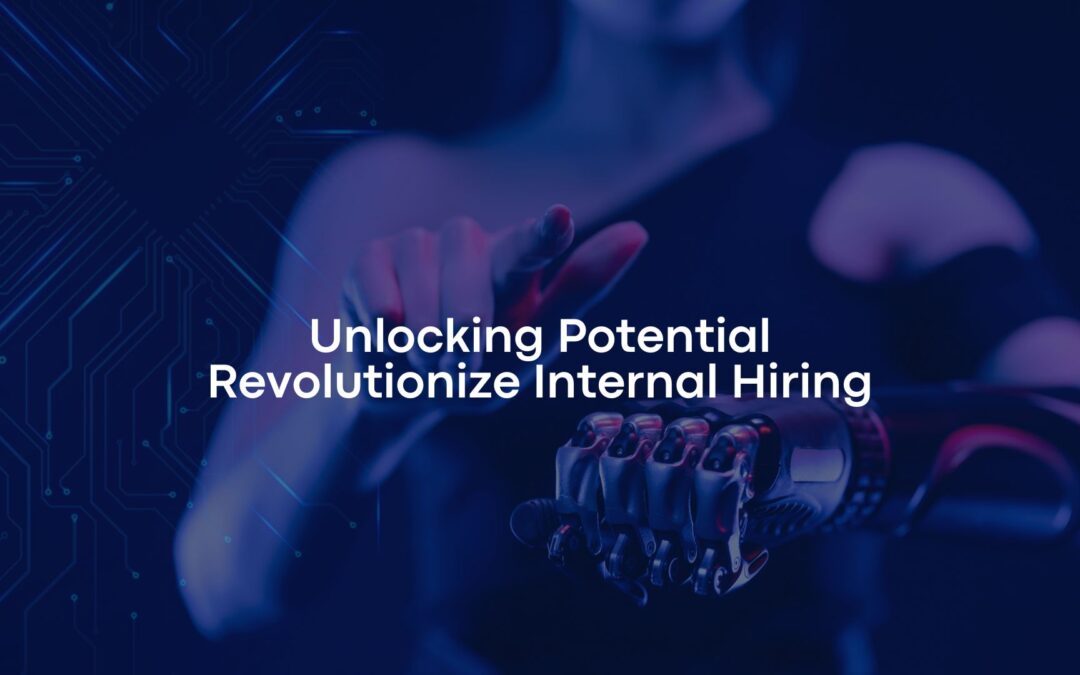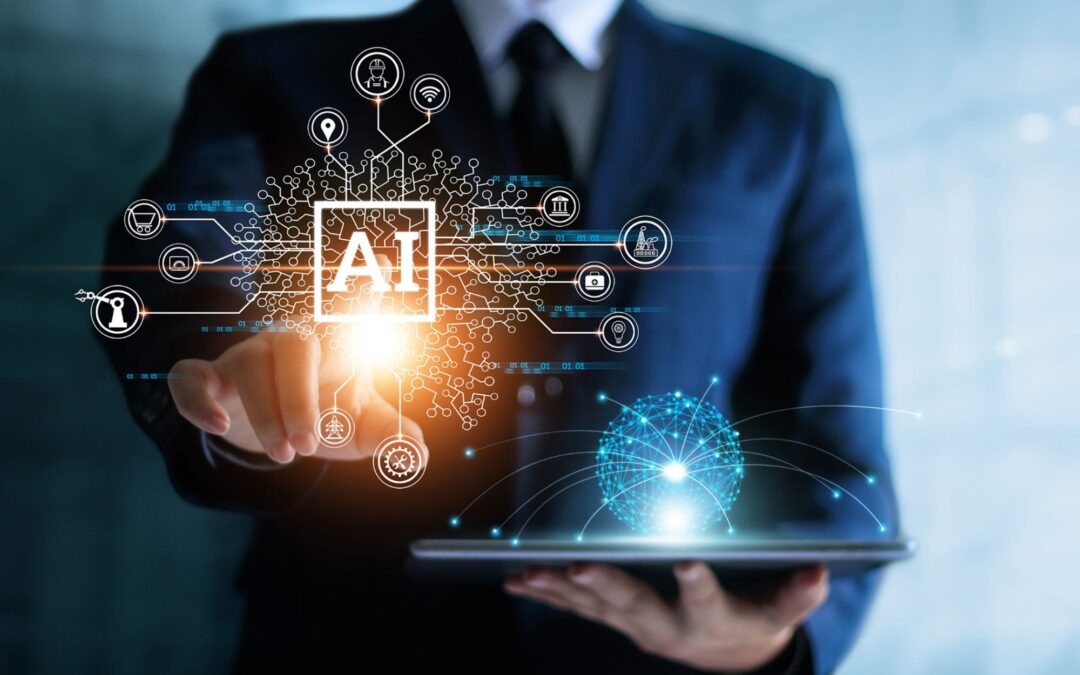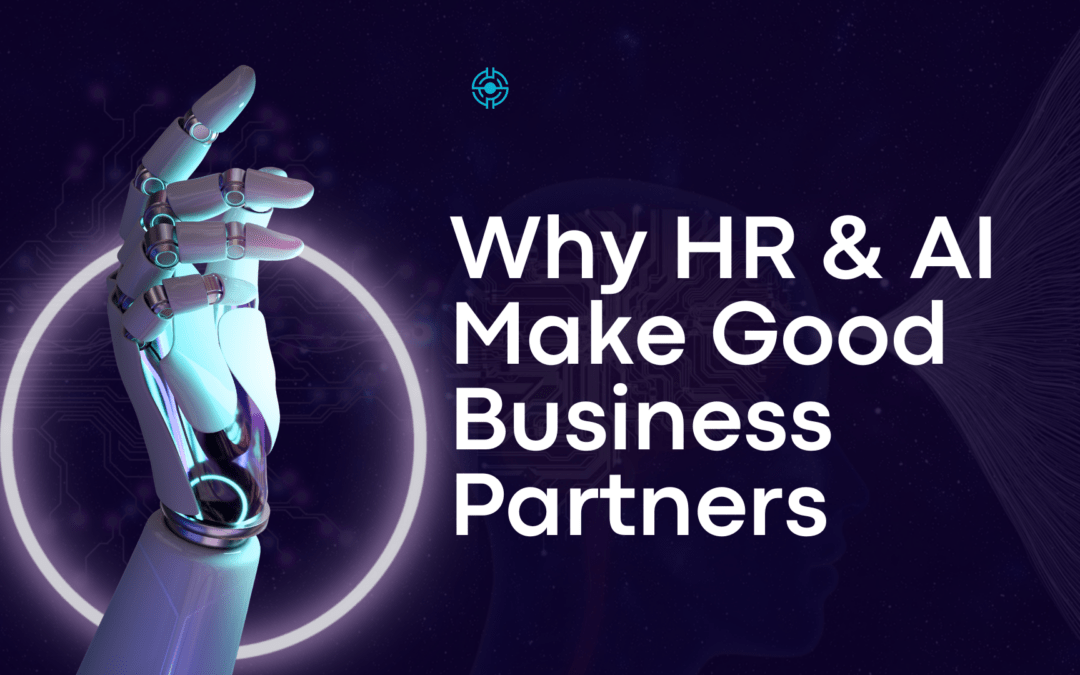
Unlocking Potential Within: How The AI-Powered Video Interviews Revolutionize Internal Hiring
Internal hiring, or the practice of filling open positions within an organization by promoting or transferring current employees, is a strategy that many successful companies are increasingly adopting. It’s an approach rooted in recognizing and nurturing internal talent, which can lead to a more cohesive, motivated, and productive workforce.
As organizations strive to stay competitive in today’s fast-paced business environment, the adoption of advanced technologies in hiring processes has become more crucial than ever. Among these technologies, AI-powered video interview solutions stand out as a transformative tool. These solutions not only streamline the internal hiring process but also enhance decision-making by providing a more efficient, unbiased, and comprehensive evaluation of internal candidates.
In this article, we’ll explore the value of internal hiring, the challenges associated with traditional methods, and how AI-powered video interviewing solutions can overcome these challenges. We’ll also provide a practical guide for companies looking to implement these advanced tools in their internal hiring processes.
I- The Value of Internal Hiring
Internal hiring brings many advantages that can significantly benefit an organization.
Here are some of the key benefits:
– Reduced Onboarding Time: One of the most significant advantages of internal hiring is the reduced onboarding time. Internal candidates are already familiar with the company’s culture, values, processes, and systems. This familiarity allows them to adapt more quickly to their new roles, leading to faster productivity and reduced training costs.
– Better Cultural Fit: Cultural fit is crucial for the long-term success of any hire. Internal hires, having already thrived within the company culture, are likely to continue aligning well with the organization’s values and practices. This alignment reduces the risk of friction that can sometimes occur with external hires, who may struggle to adjust to the company’s way of working.
– Increased Employee Morale and Retention: Internal hiring sends a powerful message to employees: the company values and invests in its people. When employees see that there are opportunities for growth and advancement within the organization, their motivation and job satisfaction increase. This sense of career progression can significantly enhance employee retention, as individuals are less likely to seek opportunities elsewhere when they know they have a future within the company.
– Cost-Effective: Hiring externally often involves significant costs, including advertising, recruitment agency fees, and the time spent on screening and interviewing candidates. Internal hiring can reduce these costs, as the pool of candidates is already within the organization, and the need for extensive background checks or lengthy recruitment processes is minimized.
Supporting these benefits with data, a study by the Society for Human Resource Management (SHRM) indicates that companies promoting internal mobility experience 41% lower first-year attrition rates compared to those that don’t.
II- Challenges in Traditional Internal Hiring
Despite its many benefits, internal hiring is not without its challenges, especially when relying on traditional methods.
Here are some common issues companies face:
– Limited Visibility of Internal Candidates: In many organizations, the knowledge of employee skills, experiences, and aspirations is often confined to their immediate supervisors. This limited visibility can lead to missed opportunities, as managers may not be aware of qualified candidates within the organization who could be a perfect fit for open positions. This issue is particularly pronounced in larger companies, where employees’ talents and potential may go unnoticed outside of their specific teams.
– Bias and Favoritism: Internal hiring processes can be susceptible to bias and favoritism. Managers may favor employees they are more familiar with or who have worked closely with them, even if those employees are not the best fit for the role. This bias can lead to suboptimal hiring decisions and potentially cause resentment among other employees who feel they were not given a fair chance.
– Inefficiencies in the Interview Process: Coordinating internal interviews can be a logistical challenge. Scheduling interviews, ensuring consistency in evaluation criteria, and managing the overall process can be time-consuming and prone to delays. These inefficiencies can slow down the internal hiring process, causing frustration for both hiring managers and candidates.
– Risk of Incomplete Evaluation: Traditional internal hiring processes often rely heavily on the opinions and feedback of a few managers. This can lead to an incomplete evaluation of a candidate’s suitability for the role, as it may overlook other important factors such as the candidate’s long-term career aspirations, potential for growth, or how they might perform in a different team or department.
III- How AI-Powered Video Interviewing Solutions Can Help
AI-powered video interviewing solutions offer a way to overcome these challenges and optimize the internal hiring process. Our company’s AI-powered video interviewing product is designed to enhance internal hiring by addressing the pain points of traditional methods.
Here’s how:
– Automated Scheduling: One of the key features of our AI-powered solution is automated scheduling. The system seamlessly coordinates interviews by integrating with employees’ calendars, reducing the administrative burden on HR teams and ensuring a smooth and efficient scheduling process. This automation not only saves time but also minimizes scheduling conflicts, allowing the hiring process to move forward without unnecessary delays.
– AI-Driven Candidate Matching: Our AI-driven candidate matching feature leverages advanced algorithms to analyze a wide range of data points, such as employee performance, skills, experiences, and career aspirations. This analysis helps match internal candidates with the most suitable positions, ensuring that all potential candidates are considered. By expanding the visibility of internal talent, this feature helps companies tap into the full potential of their workforce, reducing the risk of overlooking qualified candidates.
– Consistent and Unbiased Evaluation: Bias in internal hiring can be a significant issue, but our AI-powered solution mitigates this risk by providing consistent and unbiased evaluations. The system uses standardized criteria to assess candidates, focusing on objective data rather than subjective opinions. This approach ensures that all candidates are evaluated fairly and based on their actual skills and potential, rather than personal relationships or biases.
– Enhanced Interview Experience: AI-powered video interviews offer a more flexible and convenient experience for both candidates and interviewers. Candidates can complete interviews at their convenience, and interviewers can review responses at any time, reducing the need for multiple rounds of in-person interviews. This flexibility is particularly valuable in internal hiring, where candidates may have existing job responsibilities to manage.
– Comprehensive Reporting and Insights: Our AI solution provides detailed reporting and insights that help HR teams and managers make informed decisions. The system generates comprehensive reports on each candidate’s performance, highlighting strengths and areas for development. These insights enable hiring managers to make data-driven decisions, ensuring that the right internal candidates are selected for the right roles.
These features collectively transform the internal hiring process, making it more efficient, transparent, and aligned with the company’s long-term goals.
IV- Steps to Implement AI Solutions for Internal Hiring
Implementing AI-powered video interviewing solutions for internal hiring can be a game-changer for organizations, but it requires careful planning and execution.
Here is a systematic guide to help you get started:
Step 1: Assess Current Internal Hiring Processes: Before implementing AI solutions, it is essential to evaluate your existing internal hiring practices. Identify the strengths and weaknesses of your current process and determine where technology can make the most significant impact. This assessment will help you tailor the AI solution to address specific challenges and improve overall efficiency.
Step 2: Identify Areas for AI Integration: Based on your assessment, identify the specific areas of the internal hiring process where AI solutions can be integrated. This could include automating scheduling, enhancing candidate matching, and improving the consistency of evaluations. Focus on areas that will provide the most immediate and tangible benefits.
Step 3: Select the Right AI Solution: Choose an AI-powered video interviewing solution that aligns with your organization’s needs and goals. Consider factors such as ease of use, integration capabilities with existing HR systems, and the level of customization available. It is important to select a solution that not only meets your current requirements but also has the flexibility to grow and adapt as your organization’s needs evolve.
Step 4: Train HR Teams and Employees: Successful implementation of AI solutions requires adequate training for both HR teams and employees. Provide comprehensive training sessions to ensure that everyone involved understands how to use the new tools effectively. This training should cover both the technical aspects of the AI solution and the broader impact it will have on the internal hiring process.
Step 5: Pilot and Monitor Implementation: Before rolling out the AI solution company-wide, consider running a pilot program in a specific department or team. This pilot will allow you to test the system in a controlled environment, gather feedback, and make any necessary adjustments before full implementation. Once the system is fully implemented, continuously monitor its performance, track key metrics, and solicit feedback from users to ensure it is delivering the expected benefits.
Step 6: Evaluate and Optimize: Regularly evaluate the effectiveness of the AI-powered solution by analyzing key performance indicators such as time-to-fill, candidate satisfaction, and the quality of hires. Use this data to optimize the system, while making adjustments as needed to ensure it continues to meet your organization’s evolving needs.
Conclusion
Internal hiring offers numerous advantages, including reduced onboarding time, better cultural fit, and increased employee morale and retention. However, traditional internal hiring methods can be hindered by challenges such as limited visibility of candidates, bias, and inefficiencies in the interview process. AI-powered video interviewing solutions provide a powerful way to overcome these challenges, offering features such as automated scheduling, AI-driven candidate matching, consistent and unbiased evaluations, and enhanced reporting and insights.
By adopting AI-powered video interviewing solutions, companies can streamline their internal hiring processes, make fairer and more informed hiring decisions, and unlock the full potential of their existing workforce. These advanced technologies improve efficiency and contribute to a more transparent and equitable hiring process, ultimately benefiting the organization and its employees.
We encourage companies to explore and implement AI-powered video interviewing solutions to revolutionize their internal hiring practices. To learn more about our product and how it can help your organization, please visit our website or contact us for a demo or consultation.




